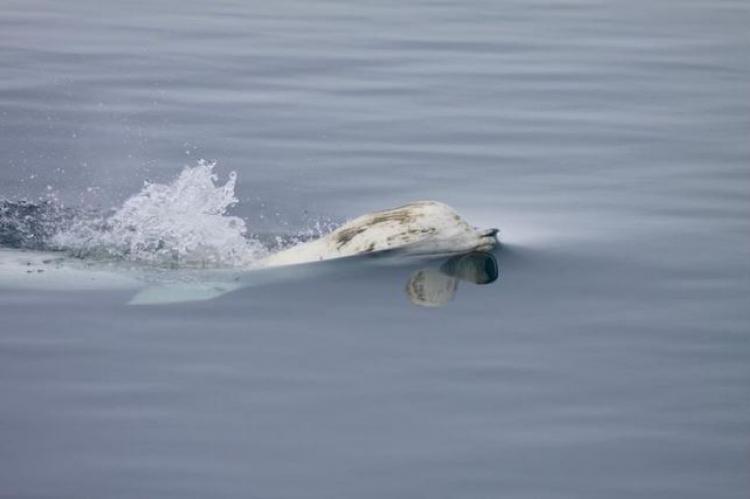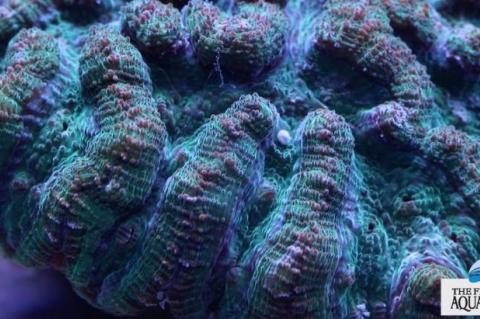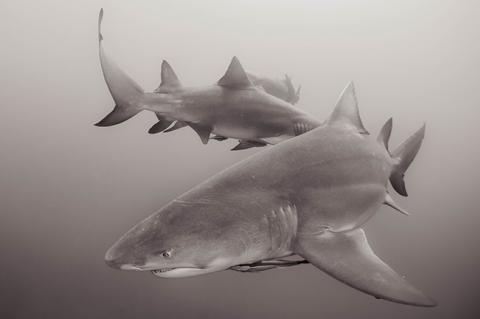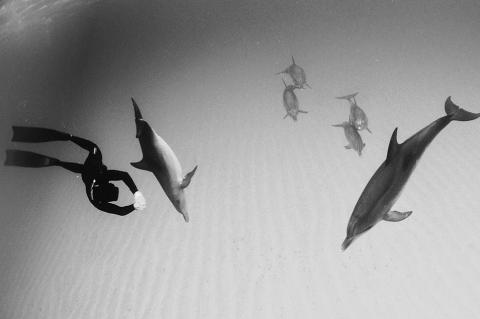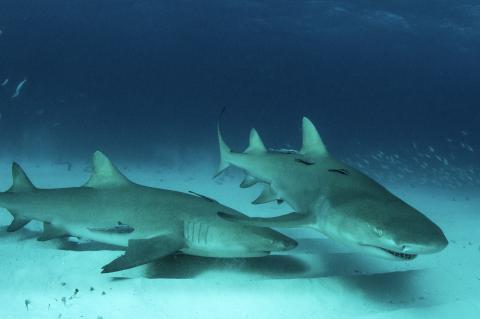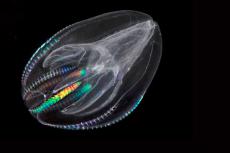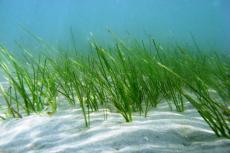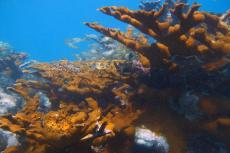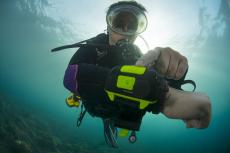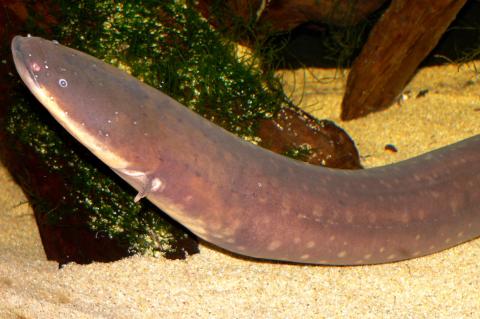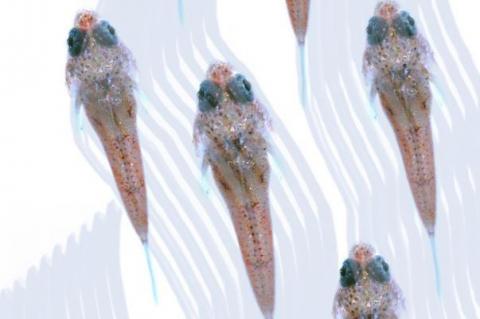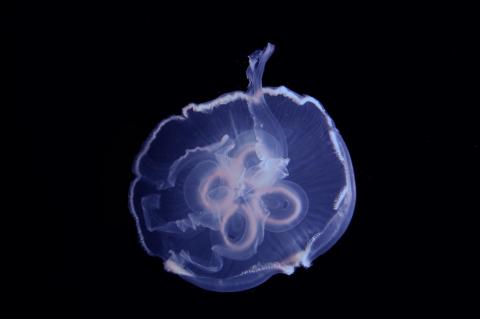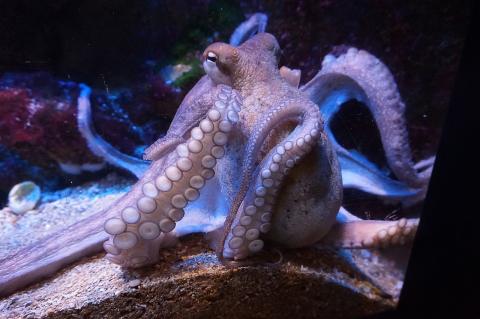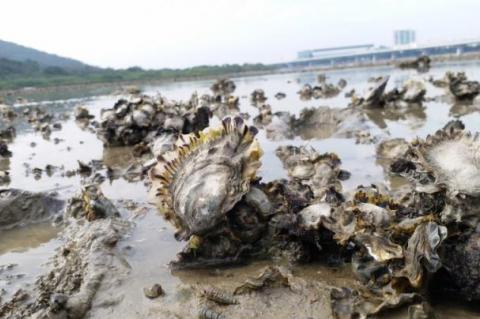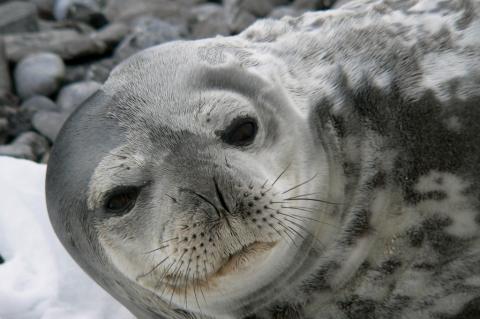Arctic sea ice change affects beluga whale's annual migration
As predicted, the sea ice loss in the Arctic has affected the behaviour of the animals in the region.This article highlights its effect on two populations of beluga whales.
The Arctic sea ice loss has altered the annual migration of some populations of beluga whales in Alaska, causing them to delay it by as long as a month, according to a study by University of Washington. However, not all beluga whales are affected - The study had also discovered another beluga whale population that had not altered its migration timing.
"The biggest take-home message is that belugas can respond relatively quickly to their changing environment, yet we can't expect a uniform response across all beluga populations," said lead author Donna Hauser, a postdoctoral researcher at the university's Polar Science Center.
She added that in trying to understand how the species will respond to climate change, variability in the response across populations and time should be expected, possibly leading to possible complications in predictions for the future.
The two beluga whale populations are genetically distinct, but spend winters in the Bering Sea, before swimming north in the early summer as the sea ice melts and the open water allows them to access the Beaufort and Chukchi seas. There, they feed on the fish and invertebrates during the summer before travelling south in the fall.
The Chukchi population, which had responded to the changes in sea ice loss by delaying migration, may mean that they are opportunistically feeding into the fall. This may not prove to be completely beneficial for the whales, as they risk being blocked from the migration path if the ice quickly freezes up and catches them off guard.
As for the Beaufort population, which did not alter their migration patterns, their lack of behavioural change is a mystery, given that the two populations share the same feeding areas and appear to have similar life histories. It is possible that the Beaufort whales have a tradition of feeding elsewhere that requires them to depart earlier in the fall.
Co-author Kate Stafford, an oceanographer at the university's Applied Physics Laboratory, said, "One of the predictions of climate change is animals are going to change their seasonal presence in a region. This study shows that at least one population of belugas might be adapting to rapid changes in its environment. We can't be sure, but this study is a start in documenting how an Arctic species is reacting to these changing conditions."


